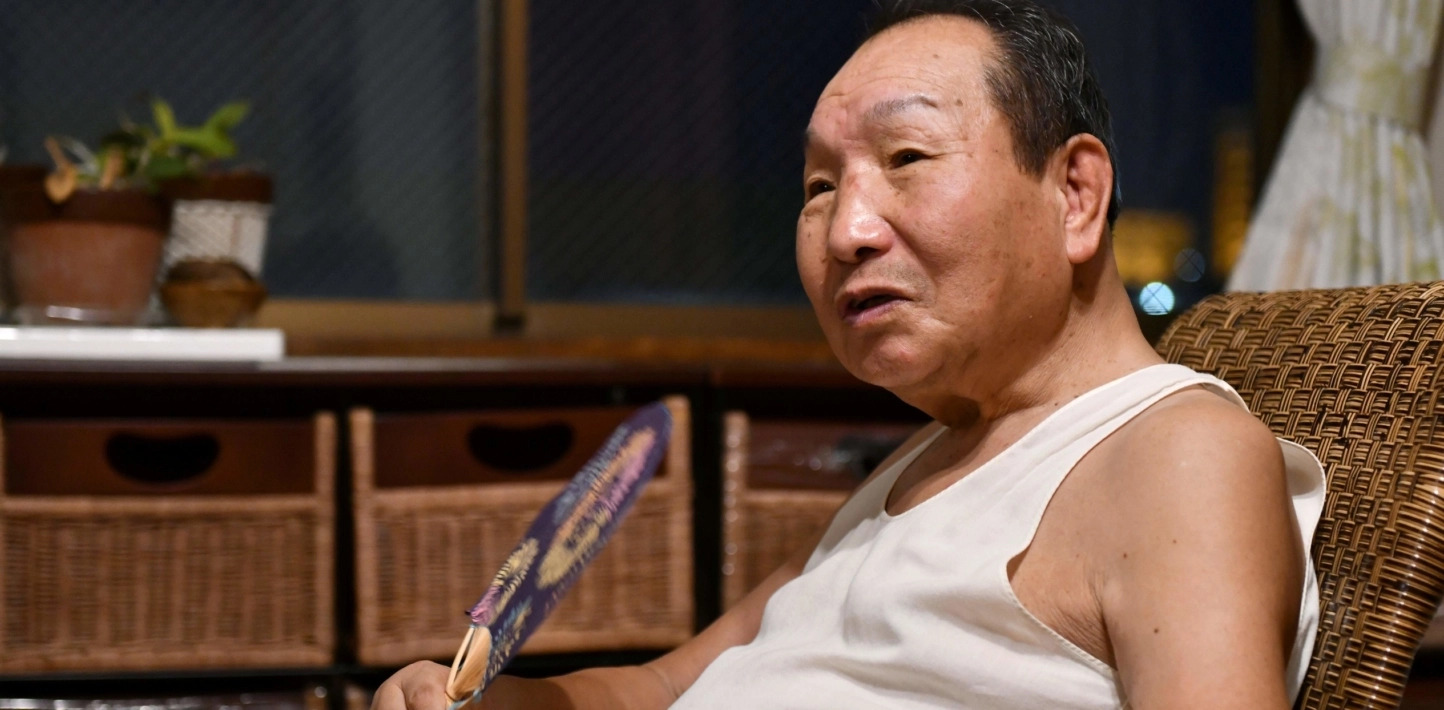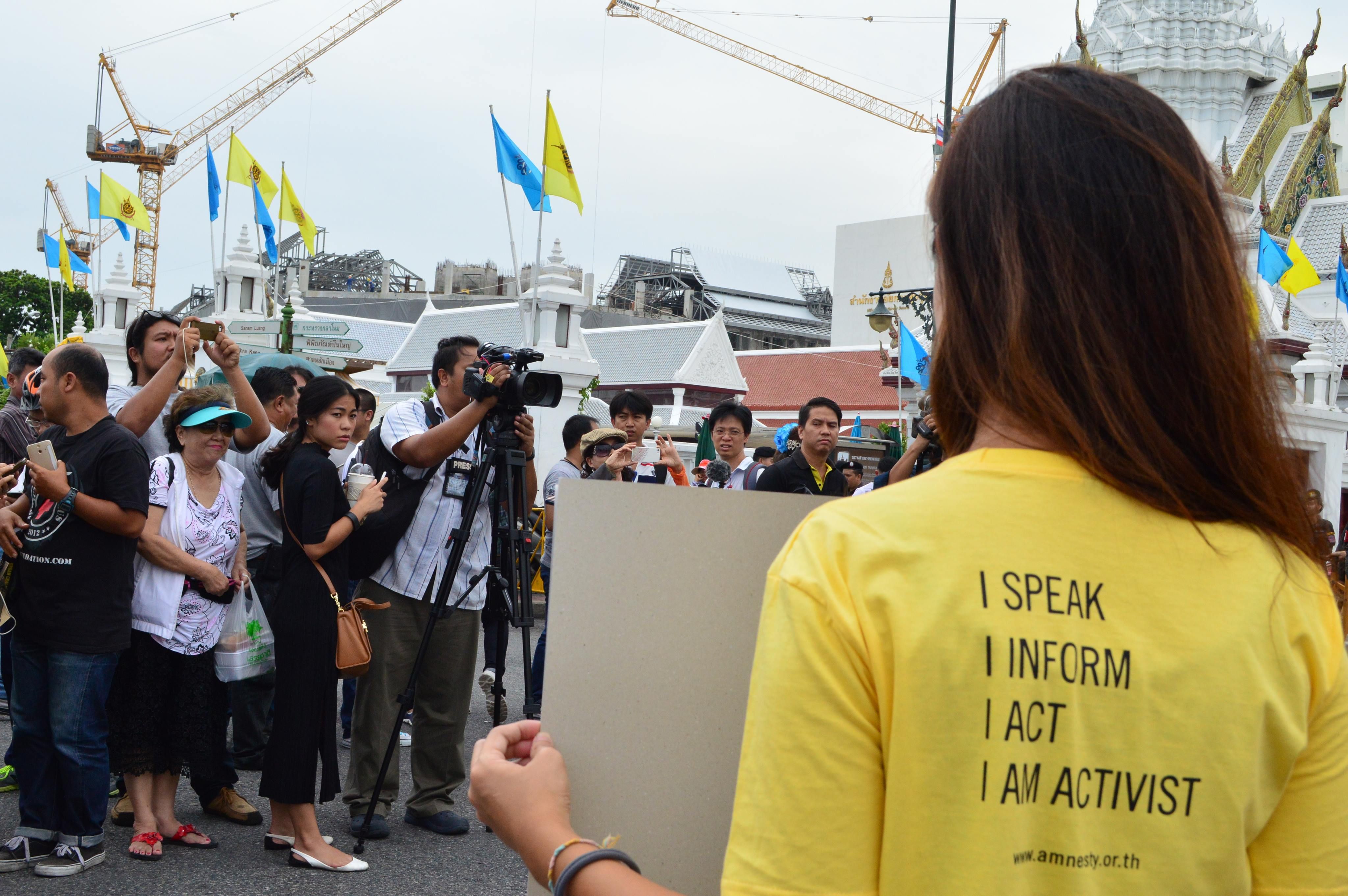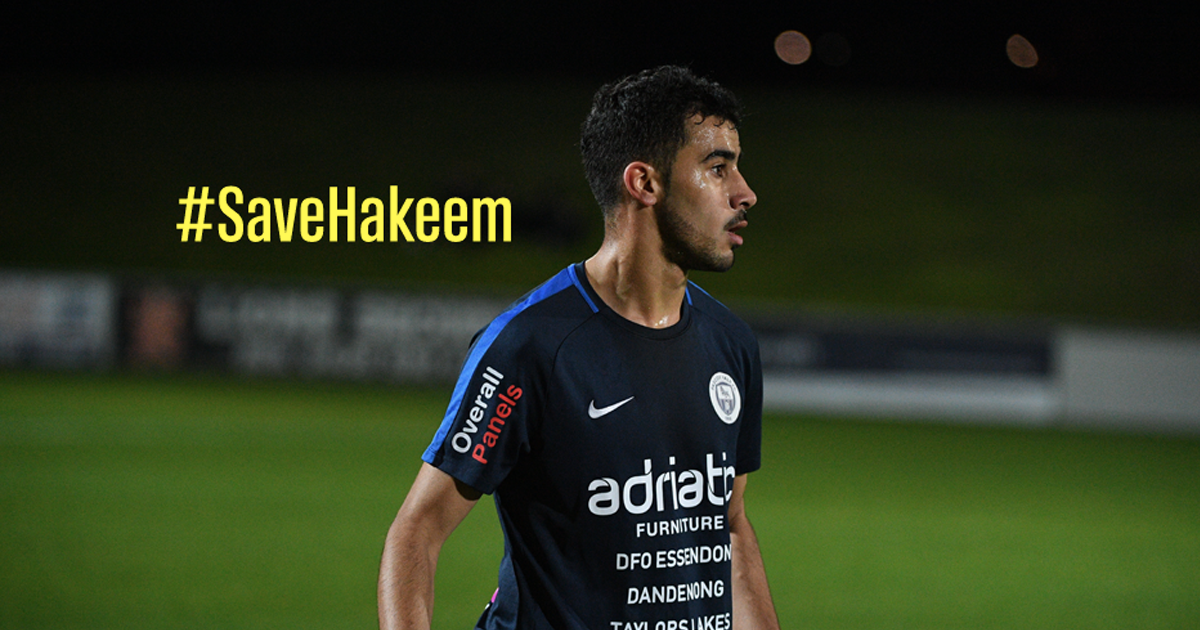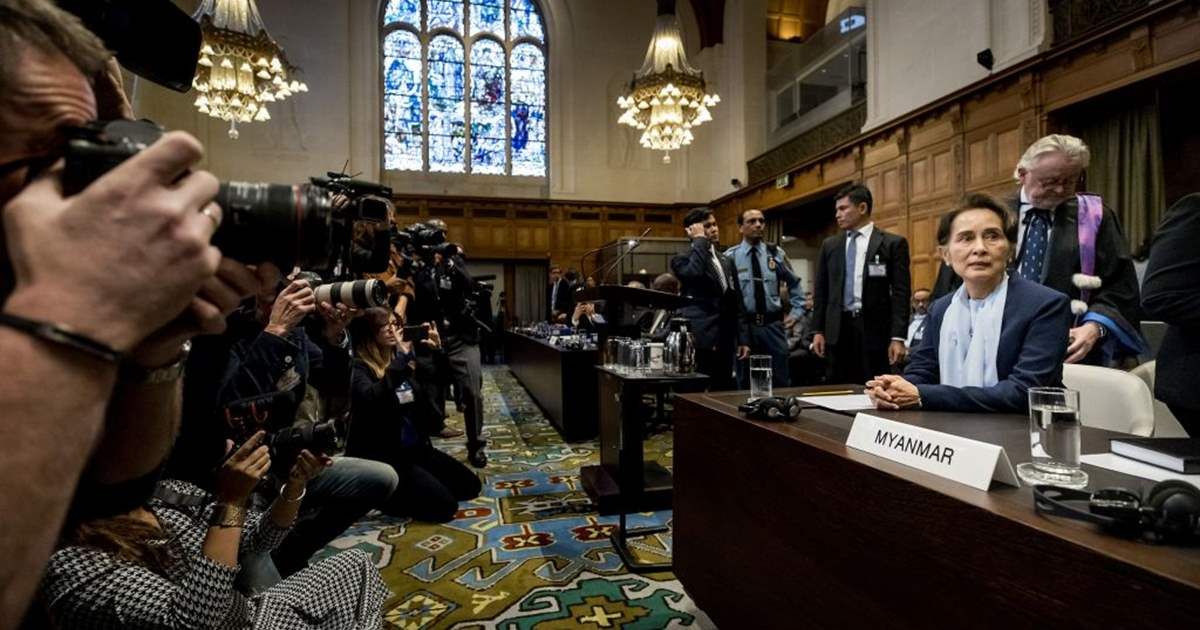Japan: Retrial ruling is step towards justice for world's 'longest-serving' death row prisoner
13 March 2023
Amnesty International
Photo: © Getty Images
Responding to a Tokyo High Court ruling that 87-year-old Hakamada Iwao, whose 45 year-stretch on death row is believed to be the world’s longest, should be granted a retrial, Hideaki Nakagawa, Director of Amnesty International Japan, said:
“This ruling presents a long-overdue chance to deliver some justice to Hakamada Iwao, who has spent more than half a century under sentence of death despite the blatant unfairness of the trial that saw him convicted.
“Hakamada’s conviction was based on a forced ‘confession’ and there are serious doubts about the other evidence used against him. Yet at the age of 87, he has still not been given the opportunity to challenge the verdict that has kept him under the constant threat of the gallows for most of his life.
“Now that the Tokyo High Court has acknowledged Hakamada’s right to the fair trial he was denied more than 50 years ago, it is imperative that prosecutors allow this to happen.
“That means they must not appeal against today’s ruling and prolong the limbo Hakamada has been in since his ‘temporary release’ nine years ago. Rather, they must allow this retrial to take place while Hakamada is still able to participate in the proceedings.”
Background:
Hakamada Iwao was sentenced to death in 1968 and is believed to be the longest-serving death row prisoner in the world. He spent over 45 years held on death row, predominantly in solitary confinement.
After an unfair trial, he was convicted of the murder of his employer and his employer’s family. Hakamada “confessed” after 20 days of interrogation by police. He retracted the “confession” during the trial and told the court that police had beaten and threatened him.
He was temporarily released from prison in March 2014, when Shizuoka district court (which had sentenced him to death in 1968) granted him a retrial after new DNA evidence cast serious doubt on the reliability of his conviction. However, he has remained under sentence of death.
The decision to open a retrial was also based on more than 600 pieces of evidence which the prosecutor was ordered by the court to disclose after Hakamada submitted his second request for a retrial in 2008. Some of these pieces undermined the veracity of earlier evidence.
However, prosecutors immediately appealed against the decision. In June 2018, the Tokyo High Court overruled the lower court’s decision and denied a retrial, although Hakamada was not asked to return to prison. After Hakamada’s lawyers appealed, Japan’s Supreme Court quashed the High Court decision in December 2020 and asked the Court to re-examine the appeal on the decision to grant retrial.
Executions in Japan are by hanging and are typically carried out in secret. Death row inmates are only notified on the morning of their execution, and their families are typically informed only after the execution has taken place.
Amnesty International opposes the death penalty in all cases without exception regardless of the nature or circumstances of the crime; guilt, innocence or other characteristics of the individual; or the method used by the state to carry out the execution.




